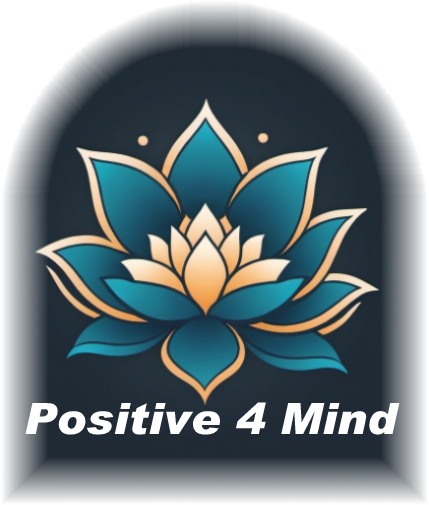Introduction: Timeless Wisdom for Timeless Problems
Consider this paradox: we live in the most connected age in human history, yet loneliness rates are at an all-time high. We have access to more information than any generation before us, yet anxiety about uncertainty pervades our culture. We possess technologies that our ancestors would consider miraculous, yet many of us feel more disconnected from meaning and purpose than ever before.
These aren't new problems with new solutions—they're ancient human challenges wearing modern clothes. The forms have changed, but the fundamental struggles remain the same: How do we find peace amid chaos? How do we cultivate meaningful relationships? How do we live with purpose? How do we navigate uncertainty and change?
The Timeless Nature of Human Challenges
While smartphones and social media might seem uniquely modern, the underlying issues they create—distraction, comparison, and superficial connection—have plagued humanity for millennia. Ancient spiritual teachers recognized these patterns and developed profound insights for addressing them.
Consider these parallels:
- Digital overwhelm mirrors what Buddhist teachers called "monkey mind"—the restless, constantly moving attention that jumps from thought to thought
- Social media comparison reflects the ancient understanding of envy and the suffering that comes from measuring our inner reality against others' outer appearances
- Consumer culture's promise of happiness through acquisition echoes what spiritual traditions have long identified as the futility of seeking lasting satisfaction through external means
- Career anxiety connects to timeless questions about right livelihood and finding work that aligns with our values and purpose
Why Ancient Wisdom Remains Relevant
Spiritual wisdom traditions have endured for thousands of years because they address the unchanging aspects of human nature. While external circumstances evolve, our fundamental needs for meaning, connection, purpose, and peace remain constant.
These traditions offer something our modern world often lacks: perspective that transcends immediate circumstances and provides frameworks for navigating life's inevitable challenges with grace and wisdom.
A Note on Spiritual Diversity
This guide draws from various spiritual traditions—Buddhism, Christianity, Judaism, Islam, Hinduism, indigenous wisdom, and secular philosophical approaches. The goal isn't to promote any particular faith but to extract universal principles that can benefit anyone, regardless of their spiritual background or beliefs.
How to Use This Guide
Each chapter in this book examines a specific modern challenge through the lens of ancient wisdom. You'll find:
- The Modern Challenge: A clear description of the contemporary problem and why traditional approaches often fall short
- Ancient Wisdom Insights: Relevant teachings from spiritual traditions that illuminate the root causes and deeper dynamics at play
- Practical Applications: Concrete ways to apply these insights in your daily life
- Reflection Questions: Prompts to help you explore how these principles apply to your unique circumstances
You don't need to read the chapters in order—feel free to focus on the challenges most relevant to your current situation. The wisdom principles build on each other, but each chapter stands alone as a complete exploration of its topic.
Deepen Your Practice
As you explore these concepts, consider using the Positive4Mind digital tools to support your journey:
- The Positive Affirmations App includes affirmations based on wisdom principles from various traditions
- The Daily Mood Journal App provides space to reflect on how these ancient teachings apply to your modern life
These tools can help you track your progress and notice patterns as you implement spiritual solutions to contemporary challenges.
The Journey of Integration
Reading about spiritual principles is just the beginning. The real transformation happens when we begin to integrate these insights into our daily experience. This isn't about becoming someone different—it's about remembering who we truly are beneath the layers of modern stress and distraction.
Ancient wisdom doesn't ask us to retreat from the modern world but to engage with it more skillfully. The goal isn't to escape contemporary life but to bring depth, meaning, and spiritual awareness to whatever circumstances we face.
As you begin this exploration, approach it with curiosity rather than pressure. Some insights will resonate immediately; others may become clear only through experience and practice. Trust the process and remember that wisdom unfolds gradually, one insight and one day at a time.
"The best time to plant a tree was 20 years ago. The second best time is now." — Chinese Proverb
The same is true for applying spiritual wisdom to modern challenges. We can't change the past or control the future, but we can begin now to bring ancient wisdom to bear on contemporary problems. Let's start with one of the most pervasive challenges of our time: digital overwhelm.
